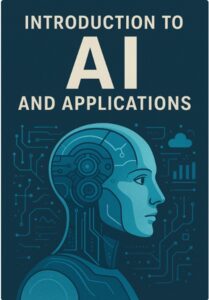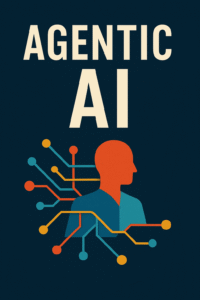Image source : new_microsoft
In today’s fast-paced and technology-driven world, the demand for skilled computer science professionals is at an all-time high. Engineering colleges that offer computer science programs play a critical role in preparing students for the ever-evolving job market. However, it is the dedicated teachers within these institutions who hold the key to unlocking students’ employability potential. Let’s explore the indispensable role teachers play in enabling students to become job-ready and succeed in their careers.
- Industry Relevance and Curriculum Alignment
To ensure students are employable, teachers must bridge the gap between academia and industry. They should stay up-to-date with the latest advancements, emerging technologies, and industry practices. By incorporating industry-relevant content into the curriculum, teachers can equip students with the knowledge and skills demanded by employers. Regularly updating course materials, including case studies, real-world examples, and practical projects, enables students to apply theoretical concepts to practical scenarios.
- Practical Application and Hands-on Learning
One of the crucial aspects of computer science education is practical application and hands-on learning. Teachers must create a conducive learning environment that encourages students to experiment, explore, and develop problem-solving skills. By providing well-equipped labs, access to modern software and hardware, and engaging programming assignments, teachers empower students to apply their knowledge to real-world scenarios. This practical experience enhances their employability and makes them adaptable to various industry challenges.
- Mentoring and Career Guidance
Teachers have a pivotal role in guiding students through their academic journey and beyond. By serving as mentors, teachers can help students identify their strengths, nurture their talents, and set achievable career goals. Regular interactions, feedback sessions, and one-on-one discussions enable teachers to understand students’ aspirations and provide personalized guidance. Teachers can also help students build their resumes, develop effective communication skills, and prepare for job interviews, ensuring they have the confidence and tools needed to succeed in the professional world.
- Collaboration and Industry Exposure
Collaboration between educational institutions and industry is vital for producing employable graduates. Teachers should actively seek opportunities to connect with industry professionals, invite guest speakers, and organize workshops and seminars. Engaging with industry leaders allows students to gain insights into real-world challenges and trends. Moreover, organizing internships, industrial visits, and networking events helps students build valuable connections and practical experience, making them more marketable to potential employers.
- Soft Skills Development
While technical skills are essential, employers also look for candidates with strong soft skills. Teachers must emphasize the development of communication, teamwork, problem-solving, and critical thinking skills among students. Incorporating group projects, presentations, and debates into the curriculum helps students enhance their collaboration and communication abilities. Furthermore, providing constructive feedback and encouraging extracurricular activities such as coding competitions, hackathons, and clubs fosters a well-rounded skill set that boosts employability.
- Continuous Learning and Professional Development
Teachers must be lifelong learners themselves to remain effective educators in the dynamic field of computer science. Actively participating in research, attending conferences, and joining professional development programs allow teachers to stay updated with the latest advancements in their field. By bringing their industry experience and cutting-edge knowledge into the classroom, teachers inspire and motivate students, providing them with a competitive edge in the job market.
Teachers in engineering colleges teaching computer science hold the key to unlocking students’ employability potential. By aligning the curriculum with industry demands, emphasizing practical application, providing mentorship, fostering industry collaborations, developing soft skills, and embracing continuous learning, teachers empower students to become job-ready professionals. Their dedication, guidance, and passion for education create a transformative environment that enables students to succeed in their careers and contribute to the rapidly evolving world of computer science. Together, teachers and students can bridge the gap between academia and industry, ensuring a seamless transition into the workforce.
In conclusion, the role of teachers in engineering colleges teaching computer science is pivotal in preparing students for employability. By focusing on industry relevance, practical application, mentorship, industry collaborations, soft skills development, and continuous learning, teachers equip students with the necessary skills, knowledge, and mindset to excel in their careers. Their dedication and commitment to providing quality education empower students to meet the demands of the ever-evolving technology landscape. As a result, these students become not just job seekers but highly sought-after professionals, ready to make significant contributions to the field of computer science. Through the collaborative efforts of teachers and students, engineering colleges can shape a future workforce that is well-prepared, adaptable, and primed for success in the dynamic world of technology.












Your article helped me a lot, is there any more related content? Thanks!
Thank you for your sharing. I am worried that I lack creative ideas. It is your article that makes me full of hope. Thank you. But, I have a question, can you help me?
Thanks for sharing. I read many of your blog posts, cool, your blog is very good.
Your point of view caught my eye and was very interesting. Thanks. I have a question for you.
I was looking through some of your articles on this internet site and I conceive this site is very
informative! Keep posting.Blog range
Your point of view caught my eye and was very interesting. Thanks. I have a question for you. https://accounts.binance.com/pt-BR/register-person?ref=YY80CKRN
Your article helped me a lot, is there any more related content? Thanks!